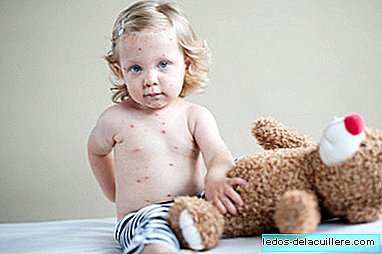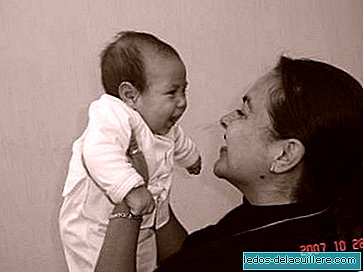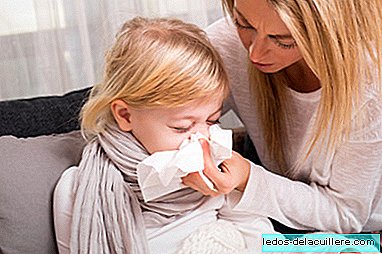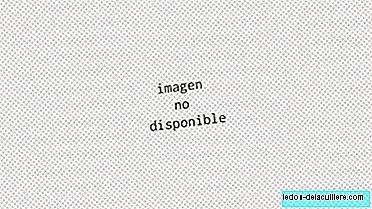
The Public Health Agency of Barcelona has announced a measles outbreak that affects since late January to three adults who were incompletely vaccinated, that is, they were not vaccinated or did not receive the full vaccine. There is also suspicion of a fourth case still unconfirmed and no new cases are ruled out.
Although Spain was accredited as a measles-free country for being one of the 42 European countries that have managed to control the virus, there are still some sporadic outbreaks imported from other countries, as has been the case.
They were not vaccinated properly
The agency's Epidemiology service has reported that the people affected are two adult women and one man, under 40 and related to each other, that were not vaccinated or were incompletely vaccinated. That is, as much as possible, when they were children, they did not receive the vaccine or received only one dose of the two necessary for complete protection.
As they have pointed out, one of the two women recently traveled outside the country, so they suspect that she could have been infected abroad and had transmitted the virus to the other two people.
In the case of adults who are not properly vaccinated, the Ministry of Health recommends that they receive vaccines to avoid being susceptible to infection and transmit it to other people.
Last year, also in February, there was an outbreak in Barcelona that affected twelve adults due to a case imported from China.
The anti-vaccines are not responsible this time
While adequate vaccination is the only way to prevent the transmission of the disease, the Agency has remarked that in this case, the anti-vaccines are not related to the outbreak of Barcelona, since these are adults who have not completed the full vaccination schedule.
They are not cases of children whose parents have refused to vaccinate them, but of a group of adults susceptible to infection because they did not receive a correct immunization at the time. As indicated by the Carlos III Health Institute to Hypertext, it could be because "they were born in the years immediately before and after the inclusion of the triple viral vaccine in calendar". We have investigated that the viral triple is introduced in Spain at 15 months in 1981.

The importance of proper vaccination
Measles is a very contagious viral disease that is usually transmitted by direct contact with the nasal or throat secretions, where the virus is present.
It produces various symptoms such as high fever, cough and a skin rash and when it disappears, it leaves immunity for life. We have the idea that it is a mild disease, but the problem is that can get complicated in more serious conditions such as otitis, pneumonia or encephalitis and even death.
Immunization against measles is obtained by the triple viral vaccine consisting of two doses: the first at 12 months and the second at 2-3 years of age, obtaining very high coverage if the indicated doses are received.
There are parents who believe that with a dose the child will already be protected against the disease, but full immunization is required. A simple and effective solution that we have at our disposal to avoid contagions that could endanger the lives of our children and that of others, both now and in the future.
Completing the vaccination schedule in children with the two doses indicated is key to avoiding a measles epidemic.Although the coverage in Spain remains high and the condition of a measles-free country is maintained as long as there are no cases originating in the country, the guard cannot be lowered. If vaccination coverage decreases, disease contagions may reappear and cause worrying outbreaks such as those affecting several countries in Europe.












